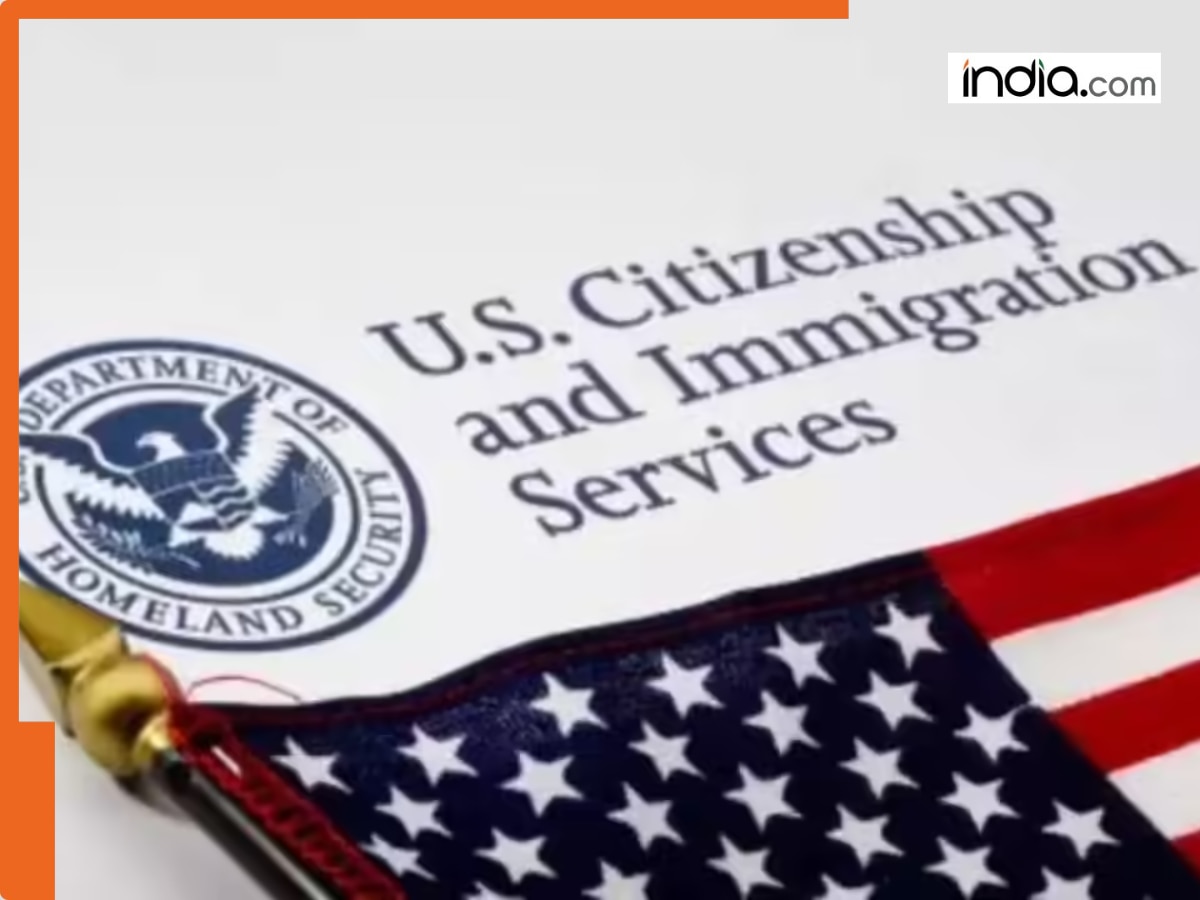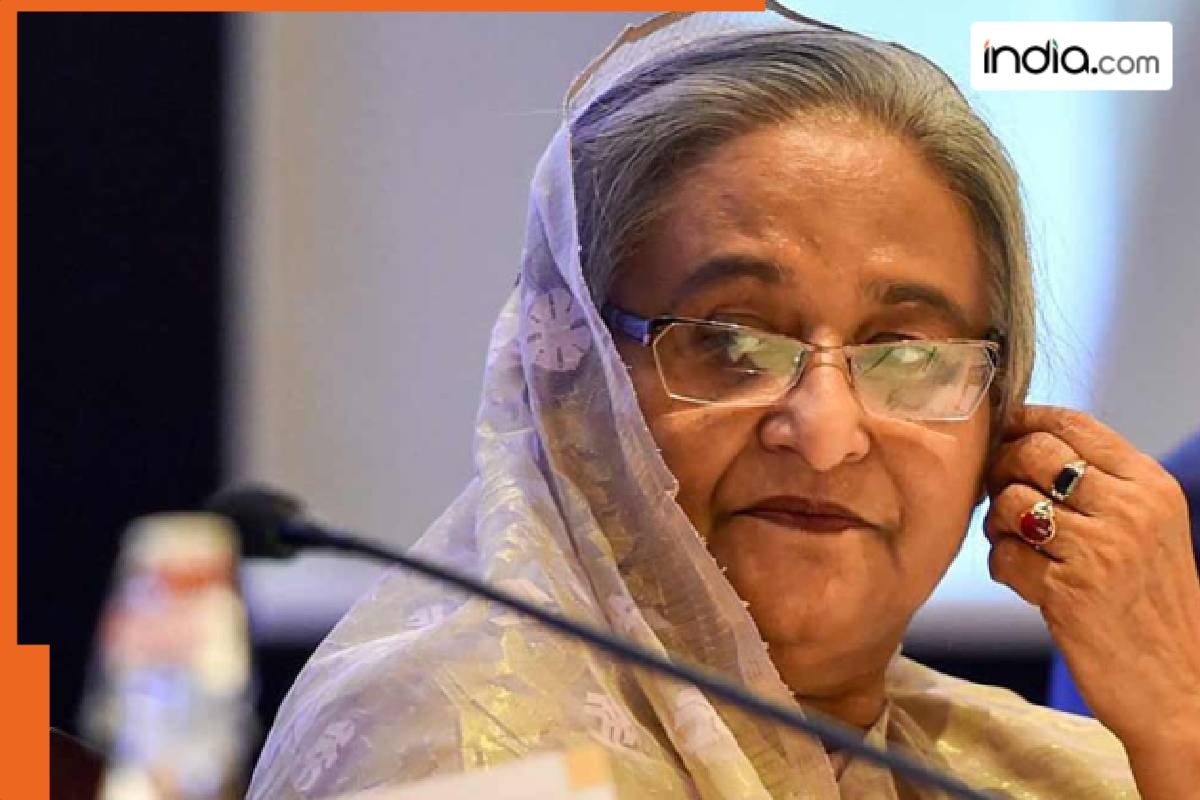US to review every Green Card of Citizens from these 12 Countries after White House Shooting: Afghanistan, Myanmar, Iran, Somalia to Yemen
The US has ordered a sweeping review of all Green Cards issued to immigrants from 19 “countries of concern” after a DC shooting, prompting major policy shifts and immigration processing suspensions.

The US government under Doland Trump has ordered the review of all permanent residency (“Green Cards”) previously granted to immigrants from 19 countries that have been identified as “countries of concern.” The move was announced on Thursday in the wake of a fatal shooting at the White House’s northwest perimeter that targeted two National Guard soldiers.
The Trump administration’s Department of Homeland Security, via its U.S. Citizenship and Immigration Services (USCIS), said in a statement that USCIS’s acting director Joseph Edlow had “directed a full-scale, rigorous re-examination of every Green Card for every alien from every country of concern,” the Associated Press reported.
Why did the move occur?
The order for re-examination was announced after a 29-year-old Afghan national was arrested for allegedly shooting two U.S. National Guard members outside the Washington, D.C. city center on Wednesday. The suspect, whose name has not been released, reportedly entered the country through a resettlement programme that was used by several Afghan nationals after the 2021 troop withdrawal and was granted asylum earlier this year.
USCIS also announced it had indefinitely suspended immigration processing for Afghans, with the suspension including any applications for asylum, visas, and family-reunification petitions from Afghanistan.
Who will be affected?
USCIS said it will review immigration status from residents of 19 countries identified in an executive order (EO) from June as “countries of identified concern.” The list, which Trump expanded in June, includes countries with either full or partial immigration restrictions.
Countries with full restrictions:
Afghanistan, Myanmar (Burma), Chad, Republic of the Congo, Equatorial Guinea, Eritrea, Haiti, Iran, Libya, Somalia, Sudan and Yemen.
Countries with partial restrictions:
Burundi, Cuba, Laos, Sierra Leone, Togo, Turkmenistan and Venezuela – some temporary work visas were still possible.
USCIS said the new policy “applies immediately and retroactively to all pending applications” that were filed on or after November 27, 2025.
Government reasoning behind move
Edlow, in the announcement, said that the move was necessary to ensure the safety and security of the US. “The protection of this country and of the American people remains paramount,” Edlow said in a statement, adding, “The previous Administration’s refugee resettlement policies were reckless.”
The new guidance also tells USCIS officers to consider “country-specific factors,” like a potential resident’s country of origin, their ability to be vetted, and their perceived risk to national security, as a negative factor in an individual’s consideration for immigration benefits.
Background and consequences
Observers have said the move is another example of the Trump administration turning to hard-line measures when it comes to US immigration policy in its second term in office. The move was also in the context of ongoing legal challenges over the stationing of National Guard troops at Washington, D.C., and a backdrop of increased partisan division over the subjects of immigration and national security.
Rights groups have said the decision could have a chilling effect on hundreds of thousands of immigrants, including those who have resided in the US permanently and without a prior criminal record. Others have argued that it could cause unfair targeting of individuals based on their country of origin instead of their actions.
Many immigrants are watching the re-examination with concern over whether their status could be changed or if they could be subject to additional review.
What's Your Reaction?




















































